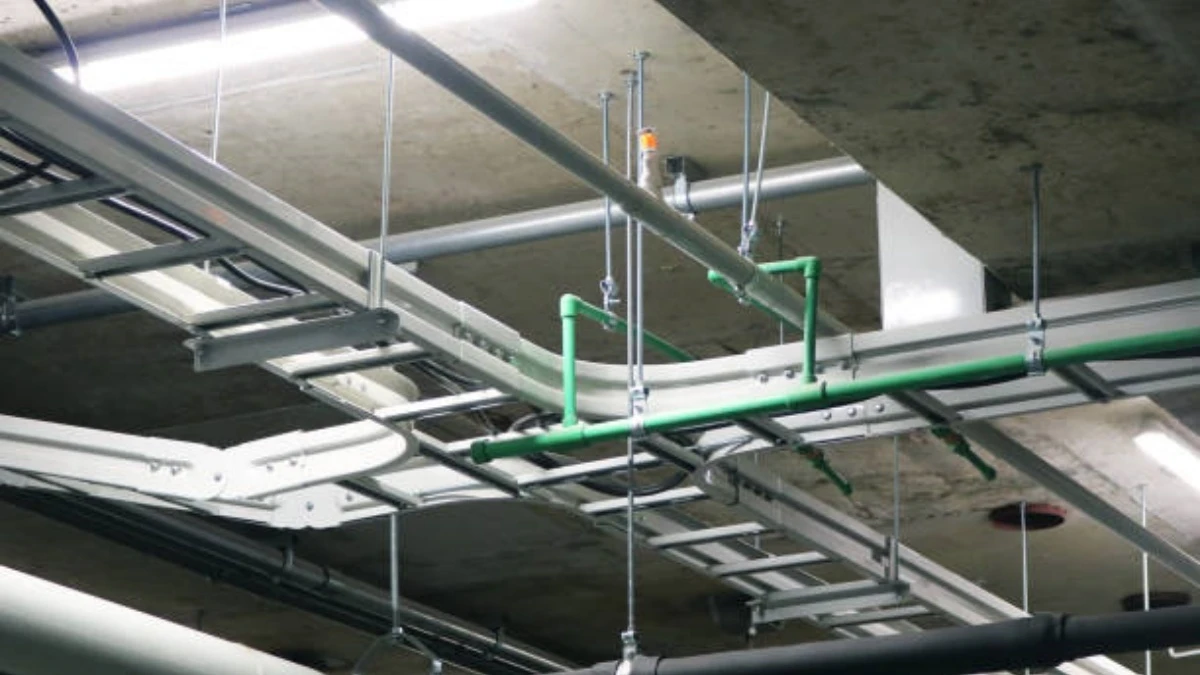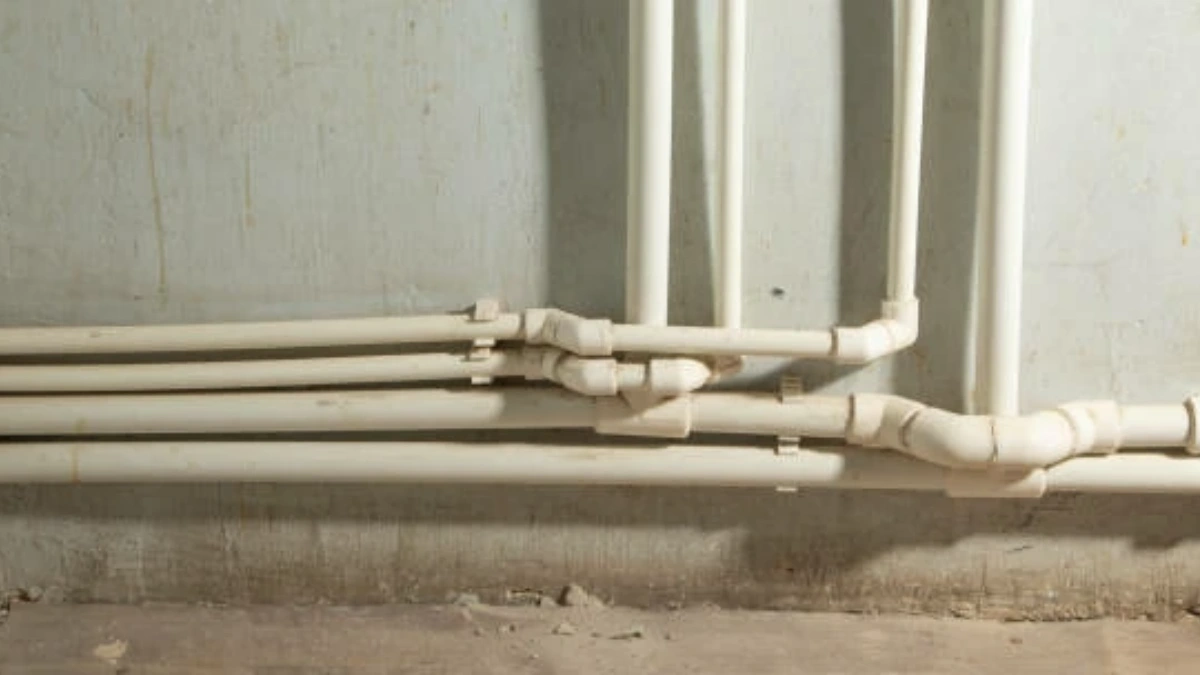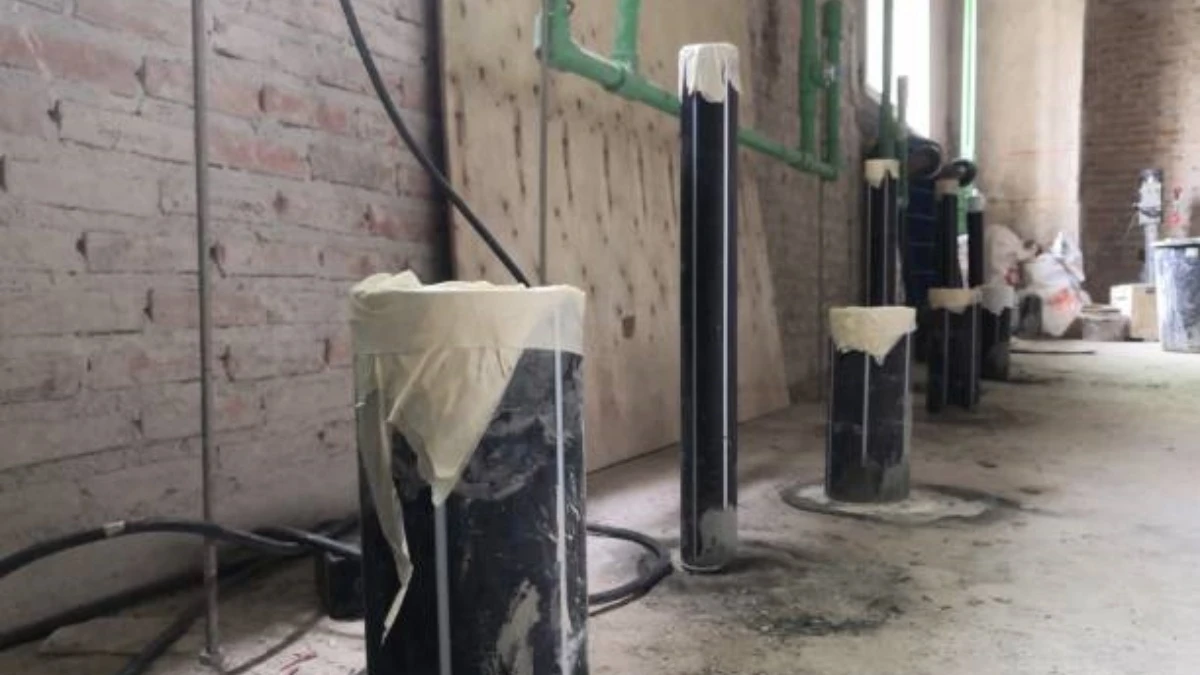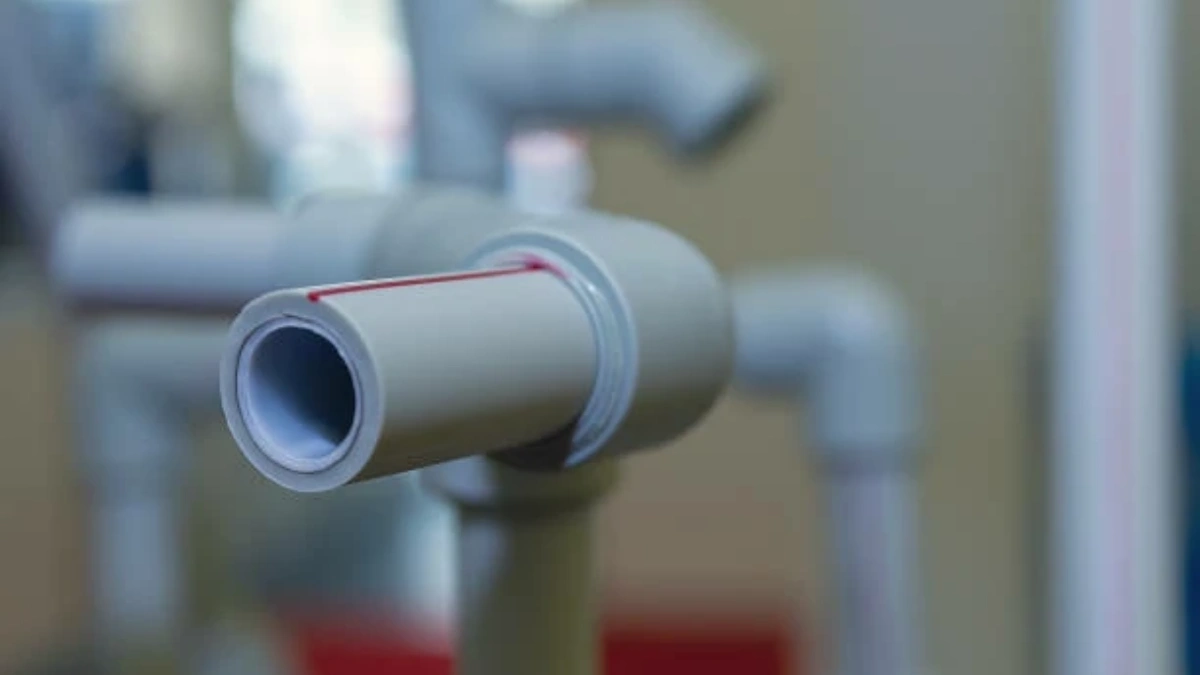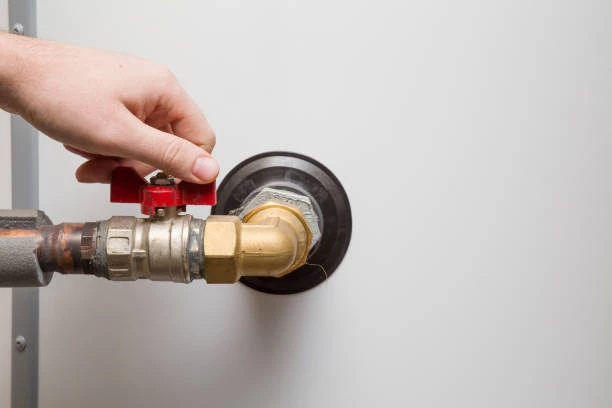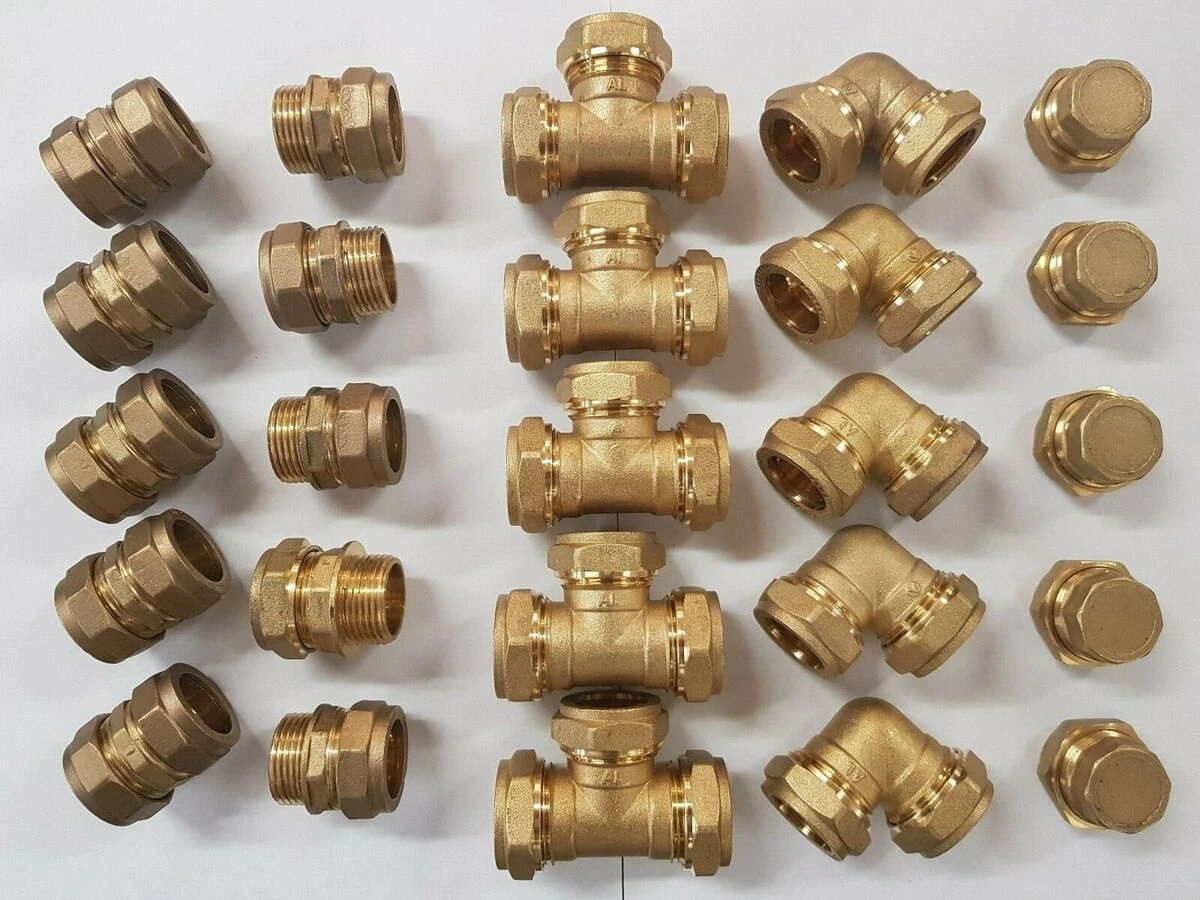In today’s industrial landscape, the demand for durable and reliable materials is more critical than ever. Among these materials, anti-corrosion pipes and fittings play a vital role in various applications, ranging from water supply to chemical processing. This article delves into the importance of anti-corrosion pipes and fittings, the materials used, their applications, and the future trends in this essential industry.
Understanding Pipes and Fittings
Pipes and fittings are fundamental components in plumbing and industrial systems, used to convey fluids, gases, and solids. The integrity and longevity of these components are crucial, especially in harsh environments where corrosion can lead to significant failures and safety hazards.
What is Corrosion?
Corrosion is the gradual destruction of materials, usually metals, due to chemical reactions with their environment. This can lead to leaks, structural failures, and increased maintenance costs. Corrosion is particularly concerning in industries that handle aggressive chemicals, salty water, or other corrosive substances.
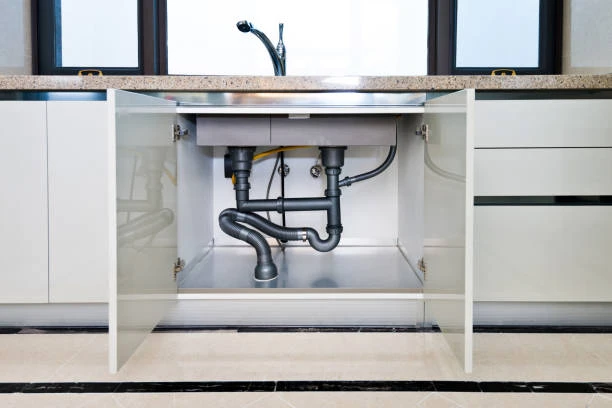
The Importance of Anti-Corrosion Pipes and Fittings
1. Enhanced Durability
Anti-corrosion pipes and fittings are designed to withstand harsh environments. By resisting degradation, they ensure a longer lifespan, reducing the need for frequent replacements and maintenance.
2. Safety and Reliability
Corrosion-related failures can lead to dangerous situations, especially in industries dealing with hazardous materials. Using anti-corrosion materials enhances safety, ensuring systems operate without leaks or failures.
3. Cost-Effectiveness
While anti-corrosion pipes and fittings may have a higher initial cost, their long-term savings are significant. The reduction in maintenance, downtime, and replacement costs often outweighs the initial investment.
4. Environmental Protection
Corrosion can lead to environmental contamination when hazardous materials leak into the surroundings. Anti-corrosion solutions help minimize these risks, promoting sustainability and environmental safety.
Materials Used in Anti-Corrosion Pipes and Fittings
The choice of material is critical in the design and manufacture of anti-corrosion pipes and fittings. Here are some of the most commonly used materials:
1. Stainless Steel
Stainless steel is one of the most popular materials for anti-corrosion pipes and fittings due to its excellent resistance to rust and corrosion. It contains chromium, which forms a passive layer that protects the underlying metal.
- Applications: Food processing, chemical industries, and water treatment.
2. Polyvinyl Chloride (PVC)
PVC pipes and fittings are lightweight, resistant to chemical corrosion, and easy to install. They are an economical choice for many applications.
- Applications: Residential plumbing, irrigation systems, and wastewater management.
3. High-Density Polyethylene (HDPE)
HDPE pipes are known for their durability and resistance to a wide range of chemicals. They are flexible, lightweight, and have a long lifespan.
- Applications: Oil and gas, chemical transport, and municipal water systems.
4. Epoxy-Coated Pipes
These pipes are coated with a layer of epoxy to enhance their corrosion resistance. The coating provides an additional barrier against moisture and corrosive substances.
- Applications: Water supply systems and wastewater treatment.
5. Copper
Copper pipes offer good resistance to corrosion and are commonly used in plumbing. They can also be treated to enhance their corrosion-resistant properties.
- Applications: Drinking water systems and heating applications.
Applications of Anti-Corrosion Pipes and Fittings
Anti-corrosion pipes and fittings are utilized across various industries, including:
1. Water and Wastewater Management
In water treatment facilities, anti-corrosion pipes and fittings ensure safe and reliable delivery of potable water and the effective handling of wastewater. Corrosion can compromise the quality of water and lead to system failures.
2. Oil and Gas Industry
The oil and gas sector often deals with highly corrosive materials. Anti-corrosion solutions are essential for pipelines, storage tanks, and fittings to ensure the safe transport of hydrocarbons.
3. Chemical Processing
Chemical plants handle various aggressive substances that can cause severe corrosion. Anti-corrosion pipes and fittings help maintain system integrity and prevent leaks that could lead to hazardous situations.
4. Marine Applications
In marine environments, the constant exposure to saltwater can accelerate corrosion. Using anti-corrosion materials in piping systems on ships and offshore platforms is crucial for safety and longevity.
5. Construction and Infrastructure
In building projects, anti-corrosion pipes are essential for plumbing and drainage systems, ensuring durability and reducing the risk of future repairs.
Trends in the Anti-Corrosion Industry
The anti-corrosion industry is continually evolving, with new technologies and materials emerging to enhance performance. Here are some trends to watch:
1. Advancements in Coating Technologies
New coating technologies, such as nanotechnology and advanced polymer coatings, are being developed to provide superior corrosion resistance and longevity.
2. Smart Materials
Emerging smart materials that can self-repair or indicate corrosion levels are being researched. These innovations promise to enhance the reliability of piping systems significantly.
3. Sustainability Focus
There is a growing emphasis on sustainable materials and practices in the industry. Manufacturers are exploring eco-friendly alternatives that do not compromise on performance.
4. Regulatory Changes
As environmental regulations become stricter, industries are adapting by investing in anti-corrosion solutions that comply with new standards, ensuring safety and sustainability.
Conclusion
Anti-corrosion pipes and fittings are crucial components in various industries, providing safety, durability, and cost-effectiveness. With the ongoing advancements in materials and technologies, the future of this industry looks promising. As industries continue to prioritize safety and efficiency, investing in anti-corrosion solutions will remain a top priority for businesses worldwide.
Frequently Asked Questions (FAQs)
1. What are anti-corrosion pipes and fittings?
Anti-corrosion pipes and fittings are specially designed materials that resist degradation from corrosive environments, ensuring durability and safety.
2. Why is corrosion a concern in pipes and fittings?
Corrosion can lead to leaks, structural failures, and increased maintenance costs, posing safety risks, especially in hazardous environments.
3. What materials are commonly useful for anti-corrosion pipes?
Common materials include stainless steel, PVC, HDPE, epoxy-coated pipes, and copper.
4. What are the applications of anti-corrosion pipes and fittings?
They are useful in water management, oil and gas, chemical processing, marine applications, and construction.
5. What trends are shaping the anti-corrosion industry?
Key trends include advancements in coating technologies, the development of smart materials, a focus on sustainability, and evolving regulatory standards.

